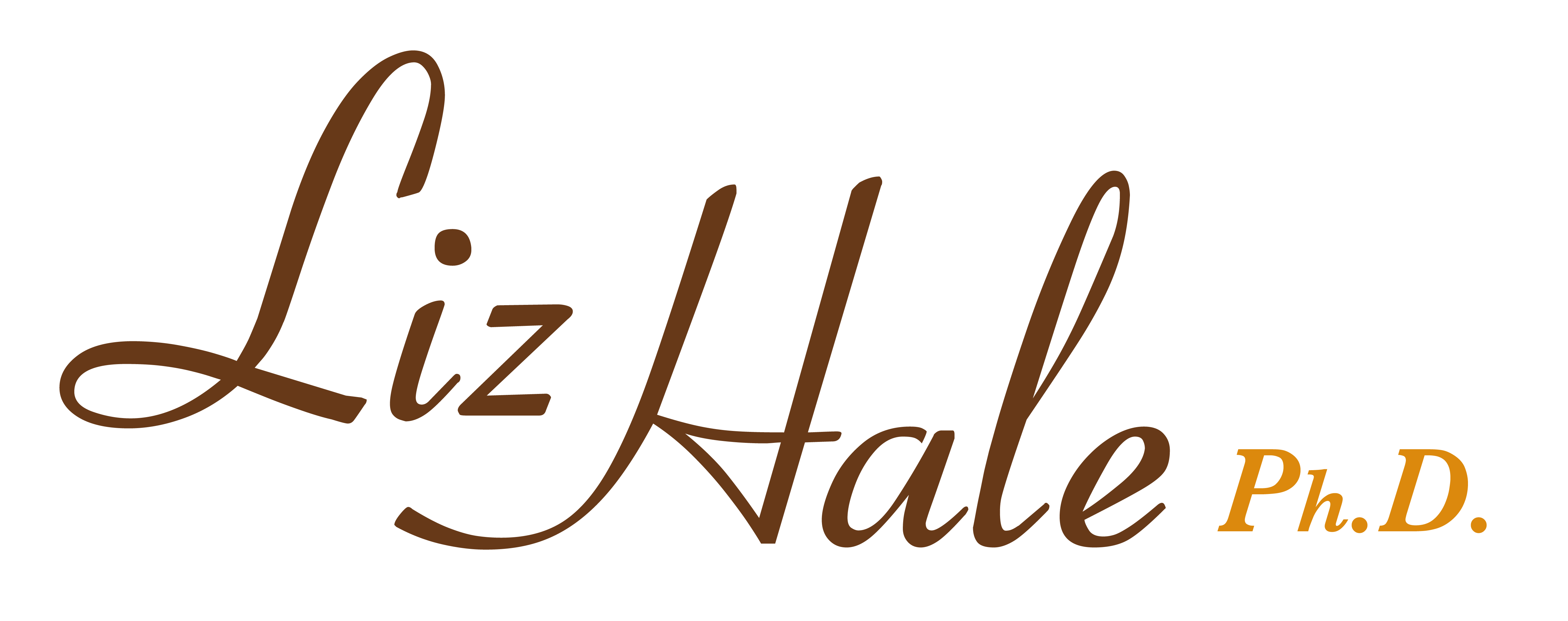- in Singles
It’s time to toss unrealistic body expectations
Salt Lake Tribune
Have you ever been judged unfairly because of your weight?
It was probably blind date No. 52, but there was something different about this one. I kind of liked him! He was educated, fun-loving, and living his career dream. So I was rather disappointed when his phone calls were sporadic and interest luke-warm. Then I had a conversation with the “friend” who set us up. The feedback? A bit painful. No. 52’s comment? “You said Liz was slim . . . but, she certainly isn’t skinny.”
Gulp! OK, so I’m not Barbie. Truthfully, I was never that crazy about Barbie anyway; between me and my big sister we had only one. Barbie always looked a bit odd to me; she seemed to be missing something. Ah, now it comes to me: hips!
No. 52’s name? Ken! (I should’ve known he’d be looking for Barbie.)
The pain of being judged by your appearance is a tough one but, sadly, it’s alive and well in our society. The media sets some unrealistic expectations for “normal” body weight and appearance for men and women. If Barbie were life-size, do you know what her measurements would be? Try 39-18-33. It’s a steep standard by which we not only judge ourselves but one another. Normal keeps getting thinner for women and more muscular for men. With current body ideals, it’s no wonder that many feel inadequate, ashamed, and dissatisfied with their exterior (and posterior).
Poor body image is learned. Psychological in nature, it involves our perceptions, imagination and emotions. It’s more influenced by esteem than by actual attractiveness as judged by others. The dangers are real. Poor body image leads to crash dieting, poor nutrition, excessive exercise, physical injuries, and, in the case of severe eating disorders, even death. Most of us can think of a time when we thought that an expensive/extensive new wardrobe, weight-loss program or drastic plastic surgery would make everything wrong in our world right-side up.
Well, that constant self-monitoring not only drains us but strains our emotional well-being, too. Stop comparing. Sometimes you’ll end up on the favorable end, but more often, you won’t measure up at all.
Stop obsessing over numbers. Stay away from the scale; let a professional monitor your weight if need be. If certain sizes are difficult to accept, go for the elegantly loose look and cut out the size tags!
Start viewing commercials and fashion magazines with a critical eye (or no eye at all if you can’t keep in mind the illusory measures behind the scenes and the anomalies of models’ bodies.)
Start listening to your hunger cues. Eat when you’re hungry. Stop when you’re full.
Take all the energy you usually spend thinking about weight and appearance and direct it toward something life-changing, such as improving the communication with your family or solving the issue of homelessness or child abuse. Stop self-obsessing and do something worthy of your precious time and energy. Now, those learning “curves” would improve esteem.
